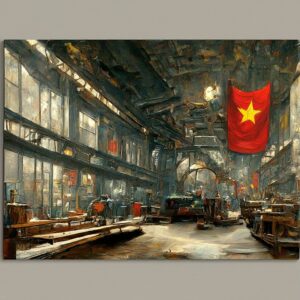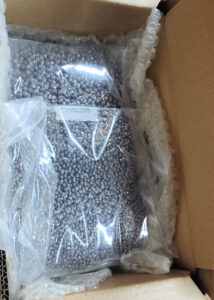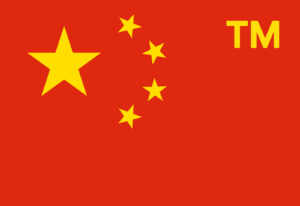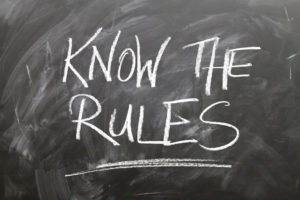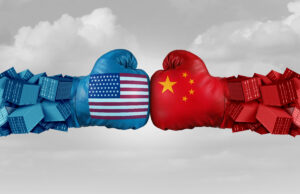Table of Contents
ToggleThe Misconception of Foreign Ownership of Chinese Factories
A common assumption among Western companies is that partnering with a Chinese manufacturer owned by a Western entity will lower risks and simplify the transaction. However, this belief is often based on a fundamental misunderstanding of Chinese business law and ownership structures. This post aims to dispel the myths surrounding foreign ownership of Chinese factories, highlighting the critical need for due diligence and China-centric contracts.
At least once a month, someone will tell us they don’t need their manufacturing agreement to work for China (a/k/a, a China-centric contract) with their China-based manufacturer because their China-based manufacturer is owned by an American or a European company. To which I always say, “no it isn’t.”
Understanding Ownership Structures in China
Here’s the deal. No American or European or Australian company (or any other non-Chinese company) can own a Chinese factory directly. It is possible the American or European or Australian company that claims to own a Chinese factory owns a Chinese company (a WFOE or a China Joint Venture) that in turn owns a Chinese factory, but the odds of this are incredibly slim.
None of my law firm’s international manufacturing lawyers have ever encountered a foreign company (other than a Taiwanese or Hong Kong company) that owns a Chinese company that owns a Chinese factory that does contract manufacturing for third-party companies. Something like this is possible, but it is exceedingly rare.
The Real Implications of “Ownership”
What does it mean when a foreign company claims to own the Chinese factory from which it is trying to get you to place your orders? This pretty much can mean one of the following two things:
- The foreign company that claims to own a Chinese factory is flat out lying. It is amazing how often we see this and when I say, “see this”, I mean the foreign company puts in writing “that your products will be made by factories we own in China.” If you see this, you probably should run away. My law firm’s China Due Diligence Reports can quickly reveal the actual ownership.
- The foreign company is fudging the truth. A lot. This occurs when the foreign company speaks of having your products made by “our factories” in China. If you push them on what they mean by “our factories,” they will usually state that the factories in China to which they are referring are the factories they have worked with for many years, and know well and trust.
Why the Ownership Misconception Matters
Why though does any of this matter? As someone whose law firm has been involved in many lawsuits on this issue, I can tell you it matters a lot.
It matters because companies that believe they are buying their widgets from an American or European or Australian company (hereafter referred to as the “AEA Company”) are (1) generally willing to pay more for the “safety” that comes from doing business with an AEA company, (2) generally willing to be more relaxed about the contract they sign with the AEA company, and (3) generally willing to be more relaxed about protecting their IP from China because they believe they are inherently protected because they are dealing with an AEA company and AEA law applies.
Unfortunately, the widget buyer could not be more wrong.
The widget buyer now has a contract with an AEA company that has no legal connection with the Chinese manufacturer. The widget buyer has no contract with its Chinese manufacturer mandating the Chinese manufacturer deliver quality widgets on time and at a certain price. The widget buyer also does not have a contract with its Chinese manufacturer that prohibits the Chinese manufacturer from engaging in IP theft and or selling your product to your customers. The AEA company also probably has no such contact with the Chinese manufacturer.
The consequences of misunderstanding the ownership of your Chinese factory are not just hypothetical. My law firm’s international litigation team are constantly turning away potential lawsuits because the foreign company that wanted our lawyers to represent them had a lousy case because it had contracted with the wrong party and/or had used the wrong contract.
China Product Buyers Beware
The belief that an American or European parent company can mitigate the risks of manufacturing in China is not only misguided but it can (and frequently does) lead to significant legal and financial pitfalls. The reality is that a comprehensive understanding of Chinese corporate structures, robust due diligence, and the creation of China-centric contracts are virtually always essential for protecting your interests when buying products from China.
Before entering into any manufacturing agreement with a manufacturer in China, it is crucial you peel back the layers of ownership claims and understand the true nature of your potential partnership.











